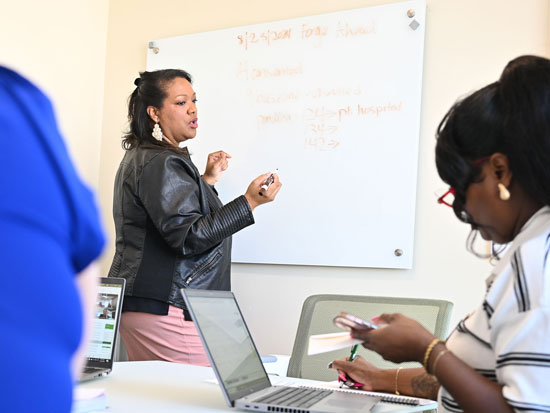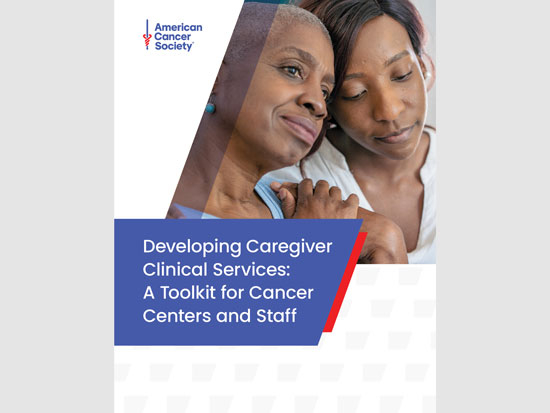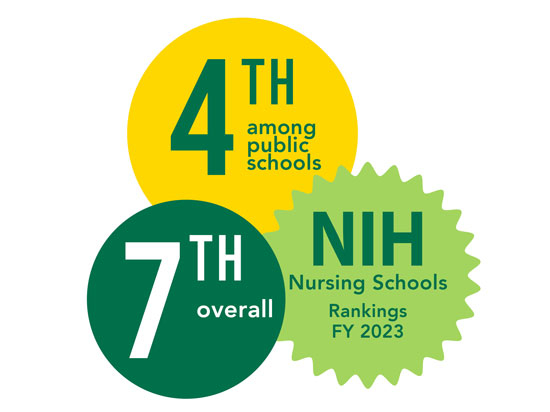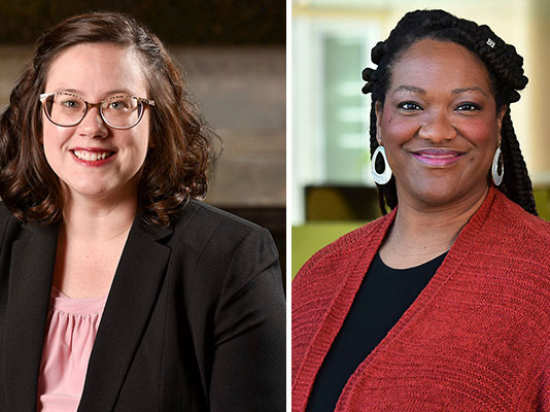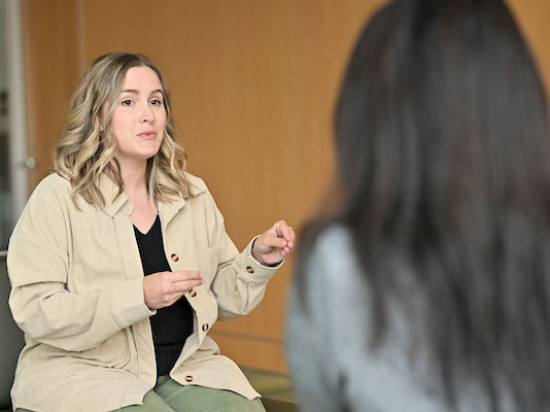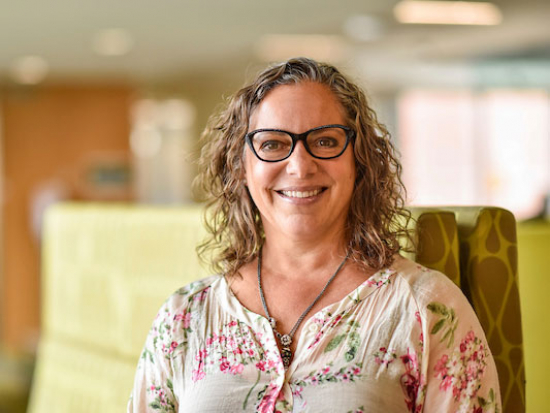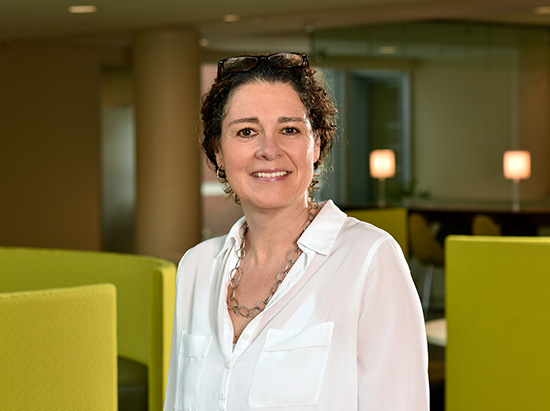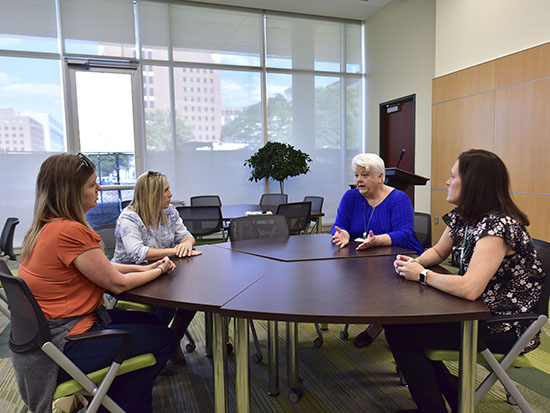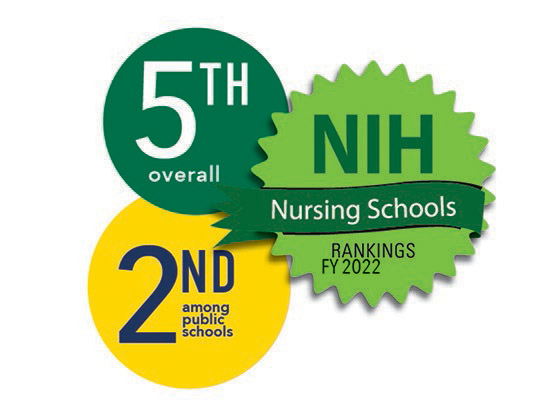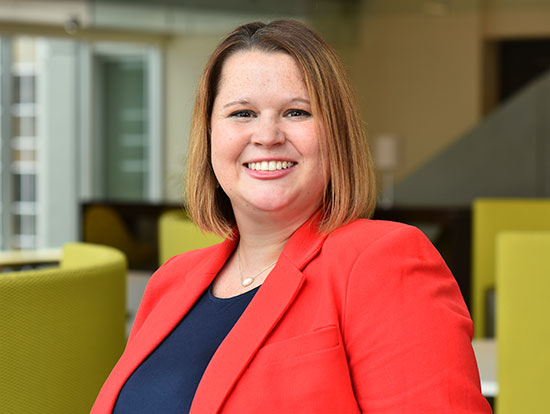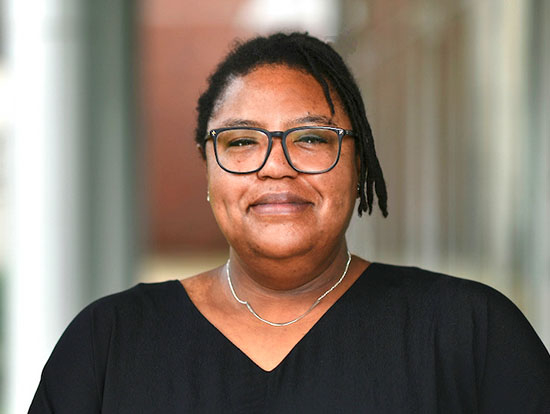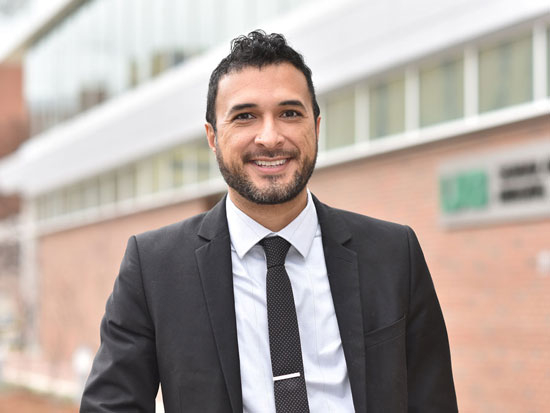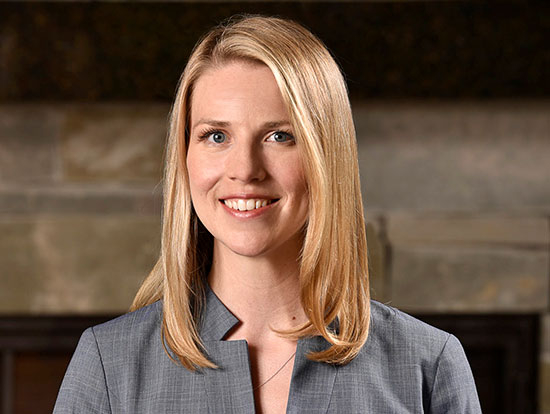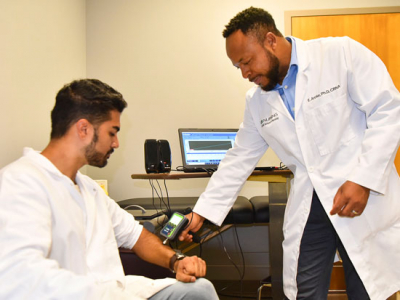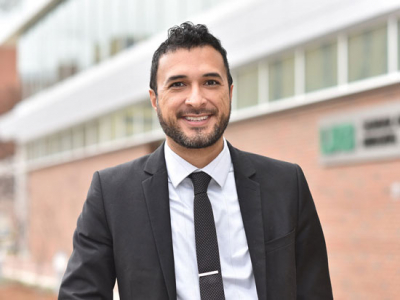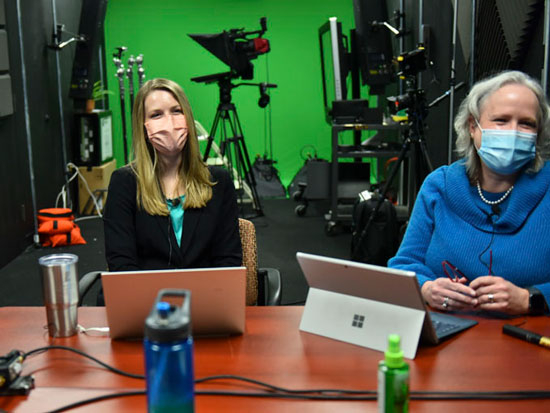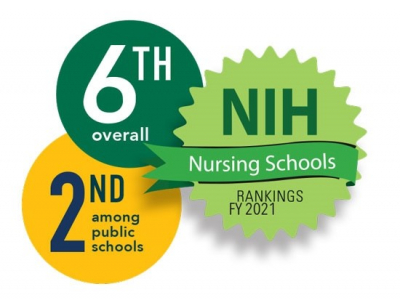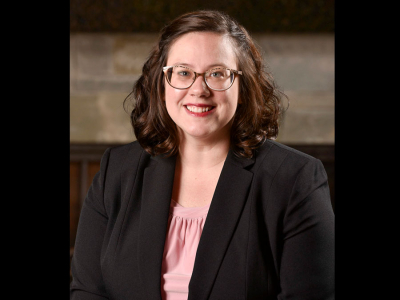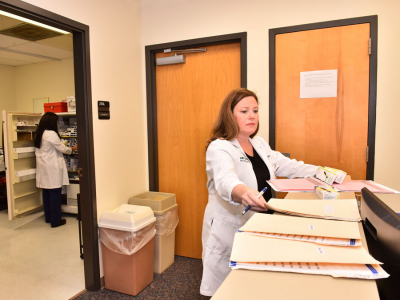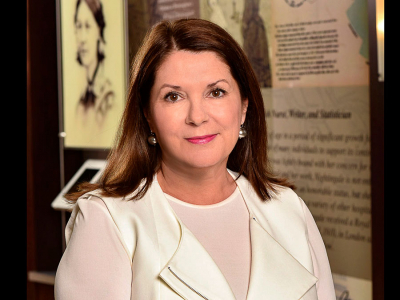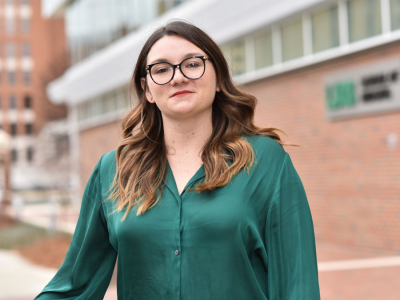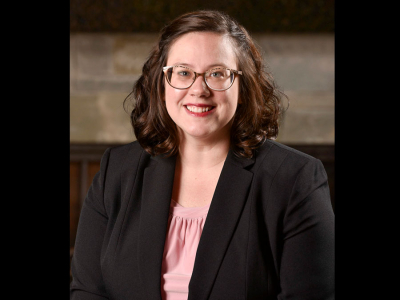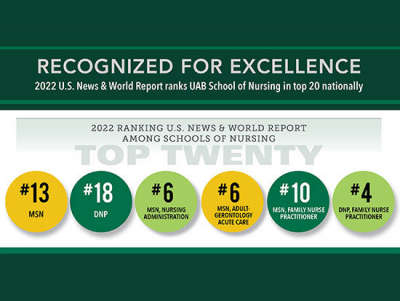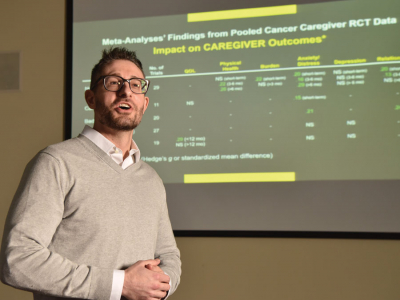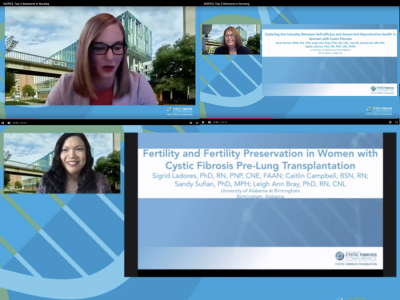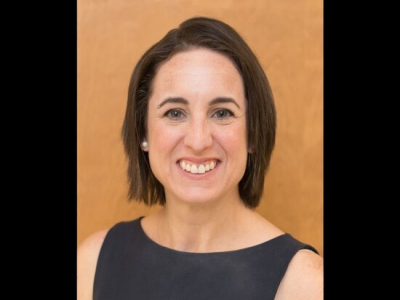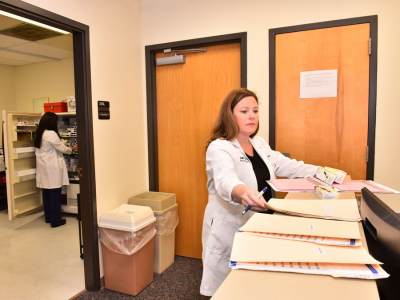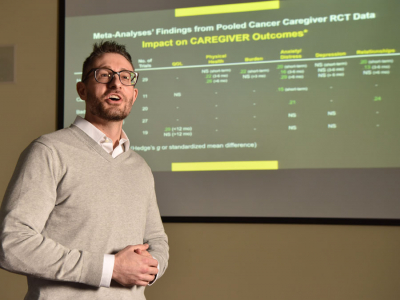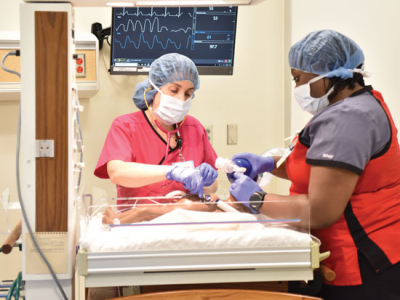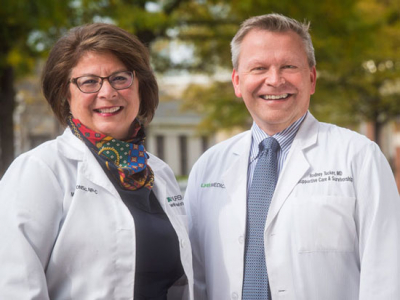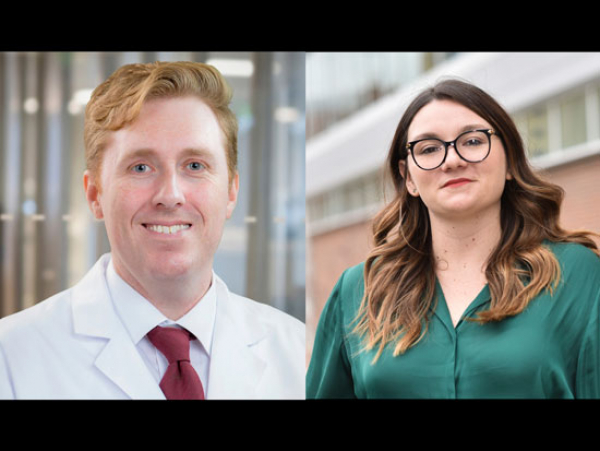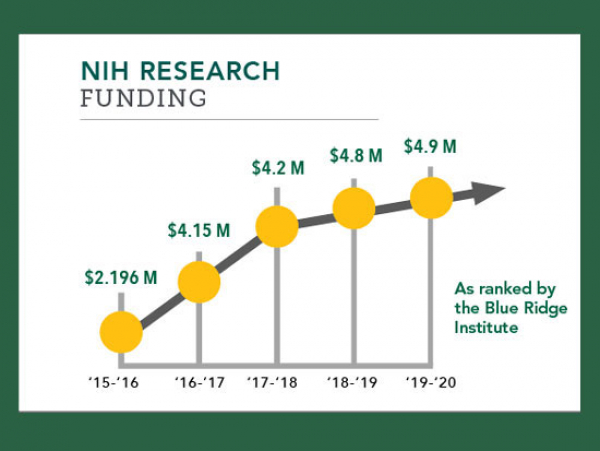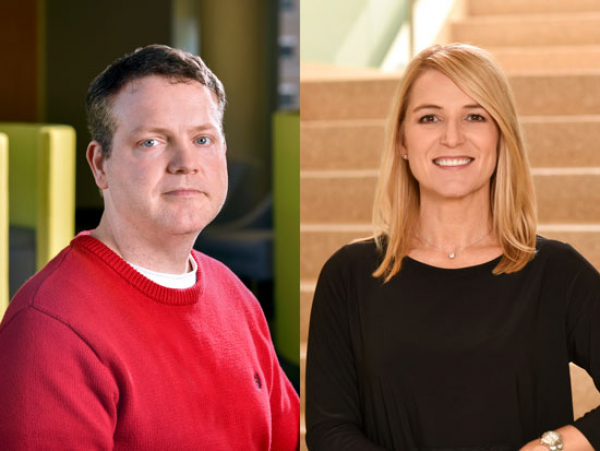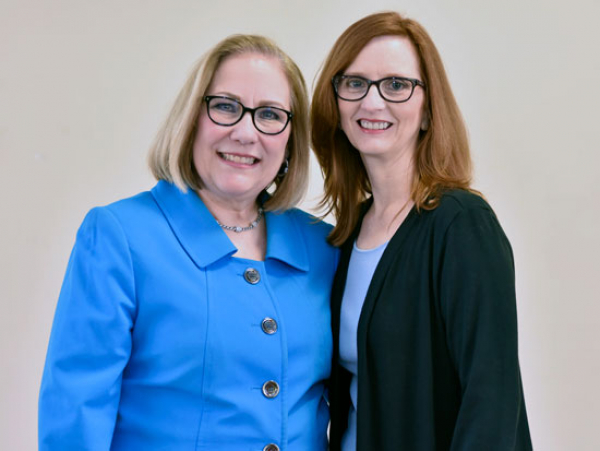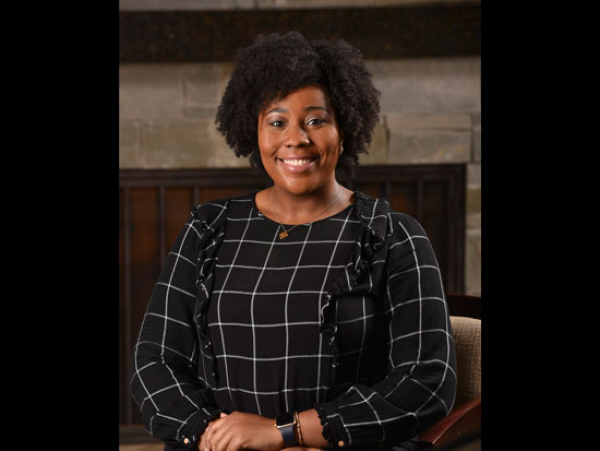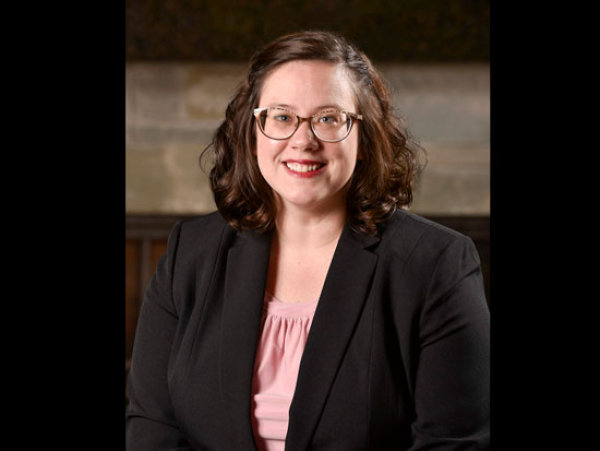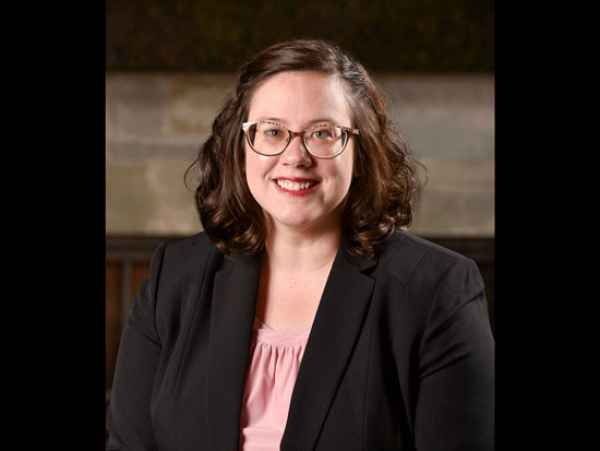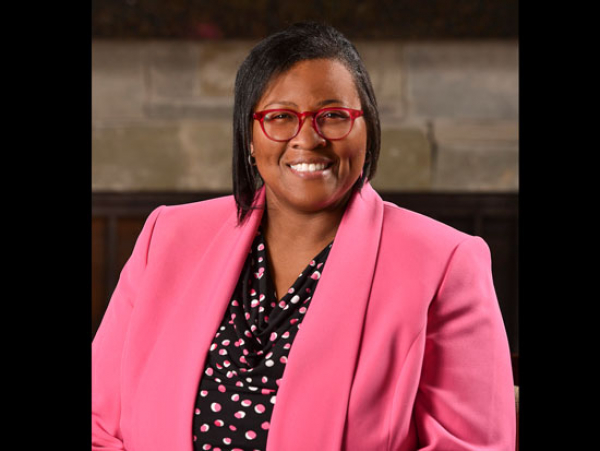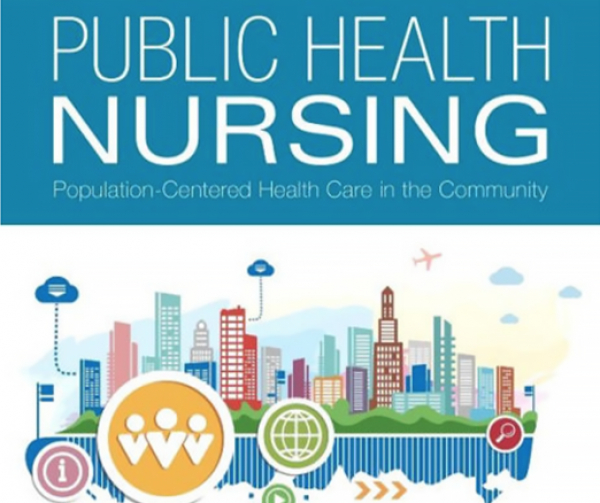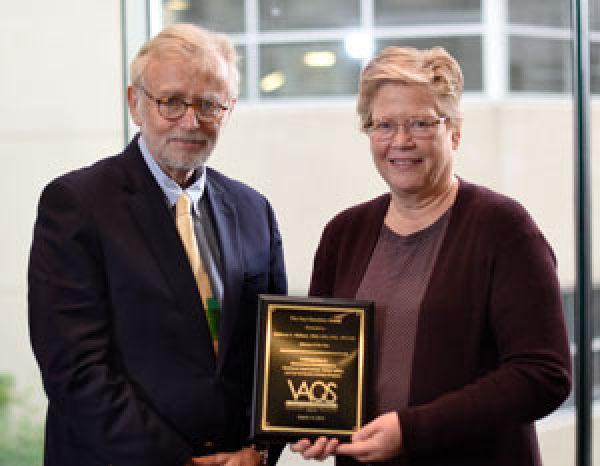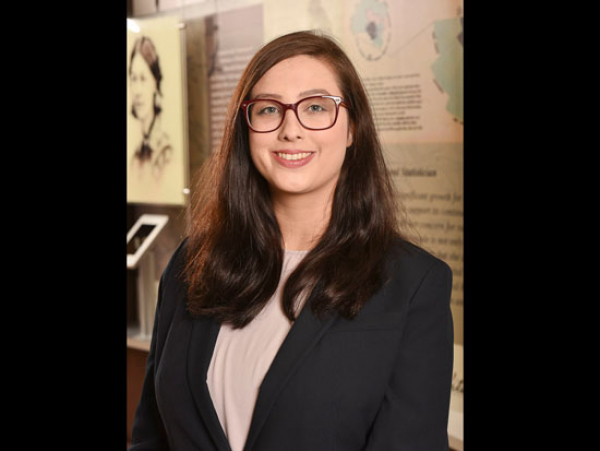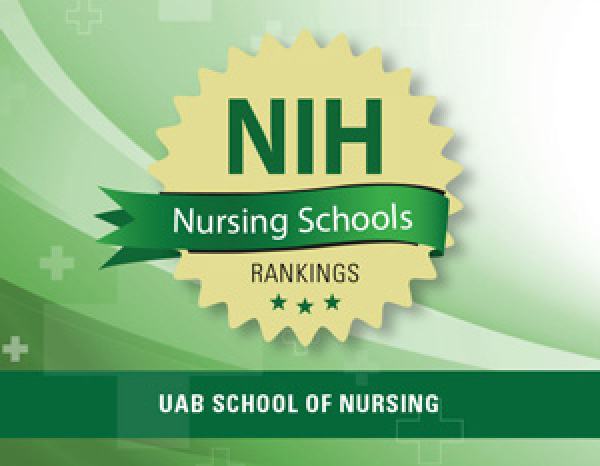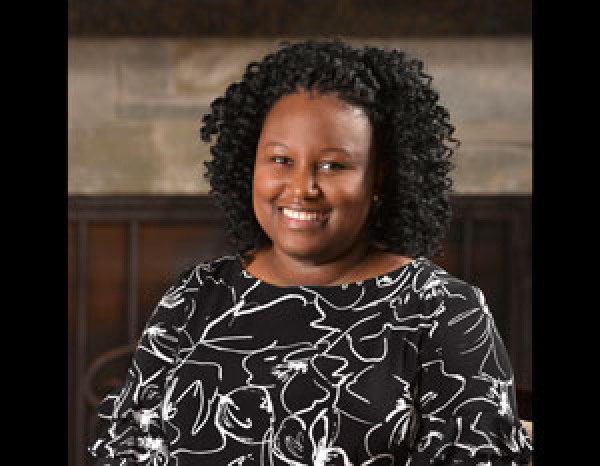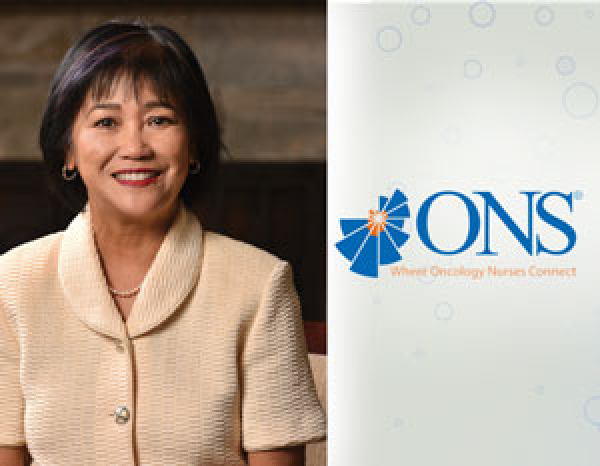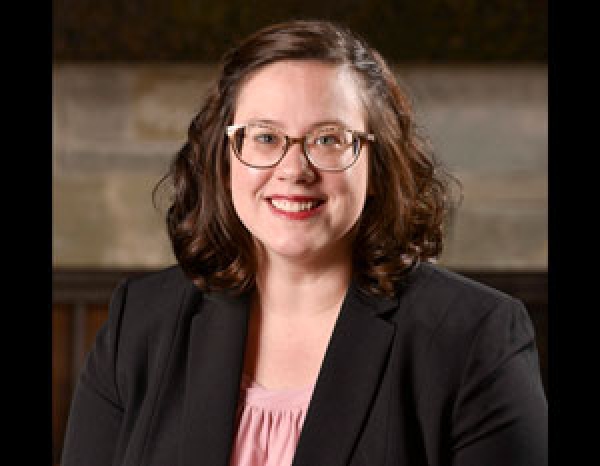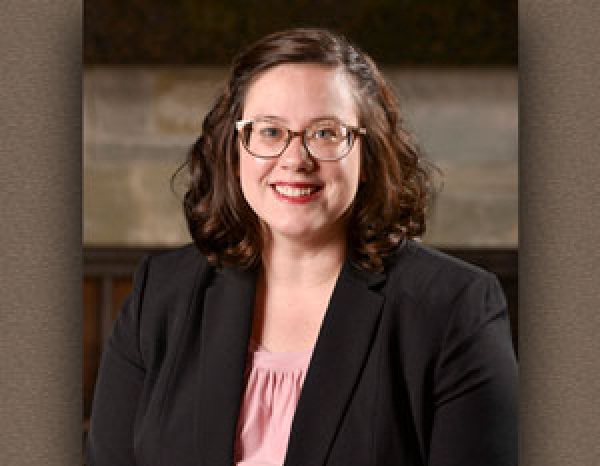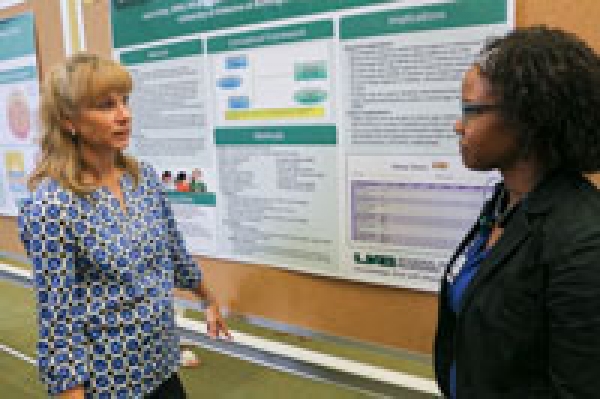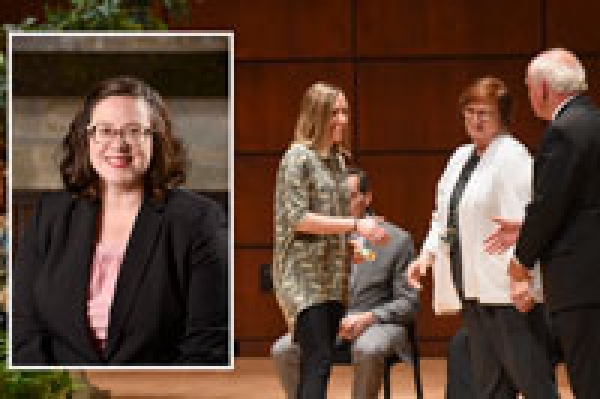 By Erica Techo
By Erica Techo
University of Alabama at Birmingham School of Nursing Assistant Professor Jenni Wise (BSN 2008, MSN 2015, PhD 2019) has received National of Institutes of Health funding to support her research on the impact of social determinants of health on cardiovascular health in individuals with HIV.
Wise received a one-year, $150,000 administrative supplement from the NIH Centers for AIDS Research to improve understanding of how structural racism and social determinants of health impact health disparities among those living with HIV. The study will focus on hypertension, diabetes and dyslipidemia—a high level of lipids that can lead to heart attack, stroke or other heart issues.
“People with HIV are at an increased risk for chronic diseases, especially those associated with aging. Antiviral drugs now allow individuals with HIV to live long, full lives, but you are seeing an increased risk for certain diseases in this population,” Wise said. “For example, individuals living with HIV face about two times the risk for cardiovascular disease as the general population.”
Wise began her research career in cardiovascular health before entering nursing and earned her first degree—a bachelor of arts in philosophy—from UAB in 2005. While attaining her first degree in philosophy, Wise developed a passion for social justice, humanitarian efforts and understanding how societal differences impact health and well-being. These are passions that carry over into her research as a nurse scientist.
“When I began my work as a nurse scientist, I was able to merge my interest in environmental and social equity with my nursing background in cardiovascular health,” Wise said. “I am also interested in the behaviors and cognitive habits we have to counteract environmental stressors. This research provides an opportunity to look at the impact of social inequities in our environment, and how our psychological health and behaviors impact health outcomes.”
HIV is predominantly a socioeconomic disease, Wise said, which is why is it important to study social determinants of health alongside HIV and its comorbidities.
Through the CFAR administrative supplement, Wise also will be building on her existing two-year $200,000 K12 grant. Her K12 Early Career Development Program also studies cardiovascular health as it related to HIV, but it focuses on women living with HIV. Conducting both studies will enable Wise to extract the sex and gender-based differences associated with cardiovascular health of individuals living with HIV.
This grant also allows for protected time, an important step in establishing a career as an independent researcher and faculty member.
“My main goal through this grant is to expand my understanding of the epidemiology of cardiovascular disease in people with HIV,” Wise said. “That includes working with people who are interested in epidemiology itself, social determinants of health, and expanding my knowledge of advanced statistics to examine these factors. This grant allows me to refine the skillsets and time to write and apply for other grants as well.”
Wise has also received funding to conduct a pilot study through the MACS/WIHS Combined Cohort Study (MWCCS). The MWCCS integrates two long-standing, longitudinal studies which examine men and women with and at risk for HIV. Collaborative research from MWCCS aims to understand and reduce the impact of chronic health conditions, including heart, lung, blood, and sleep disorders, among people with HIV.
In her pilot study, Wise studies the impact of environmental and psychosocial factors on stress, inflammation and cardiovascular disease risk among women living with and at risk for HIV.
“One of the really beneficial things of being at UAB is it provides opportunities to expand and grow, and to transition to an independent investigator,” Wise said. “I have my formal mentors, but I also have plenty of informal mentors who support me and my work.”
As Wise looks toward the future of this research, and she will apply for a K23 grant in 2022. This grant will support additional training and funding to conduct sociobehavioral research to help alleviate heart disease in individuals with HIV.

